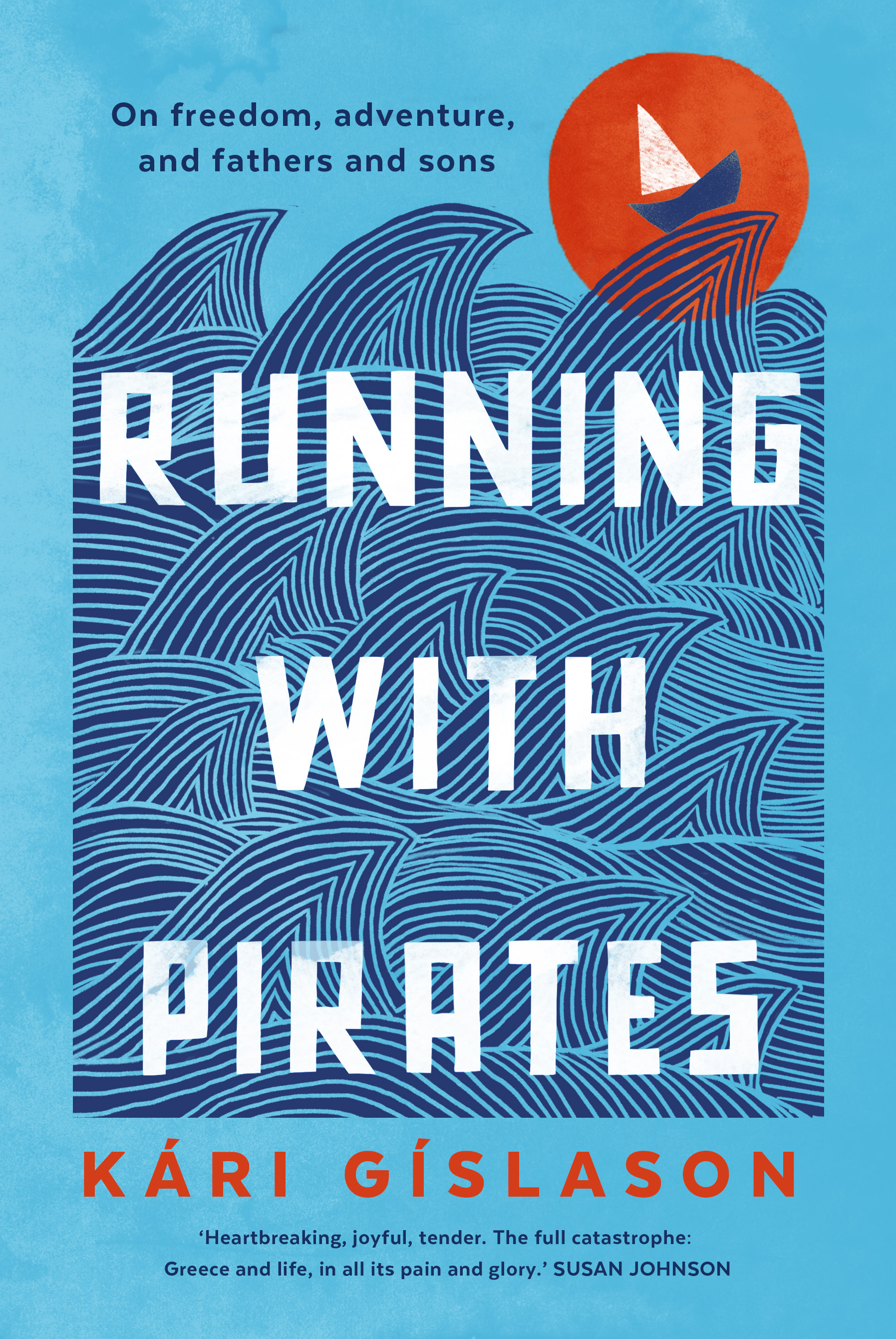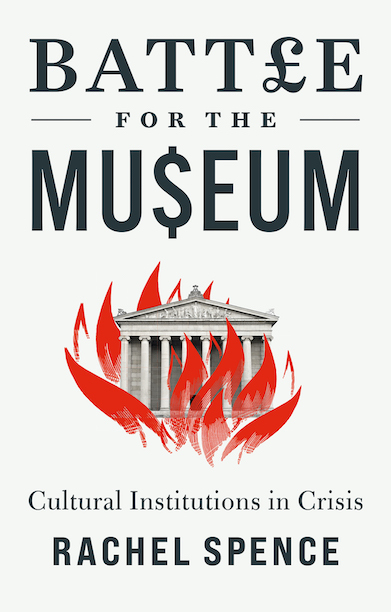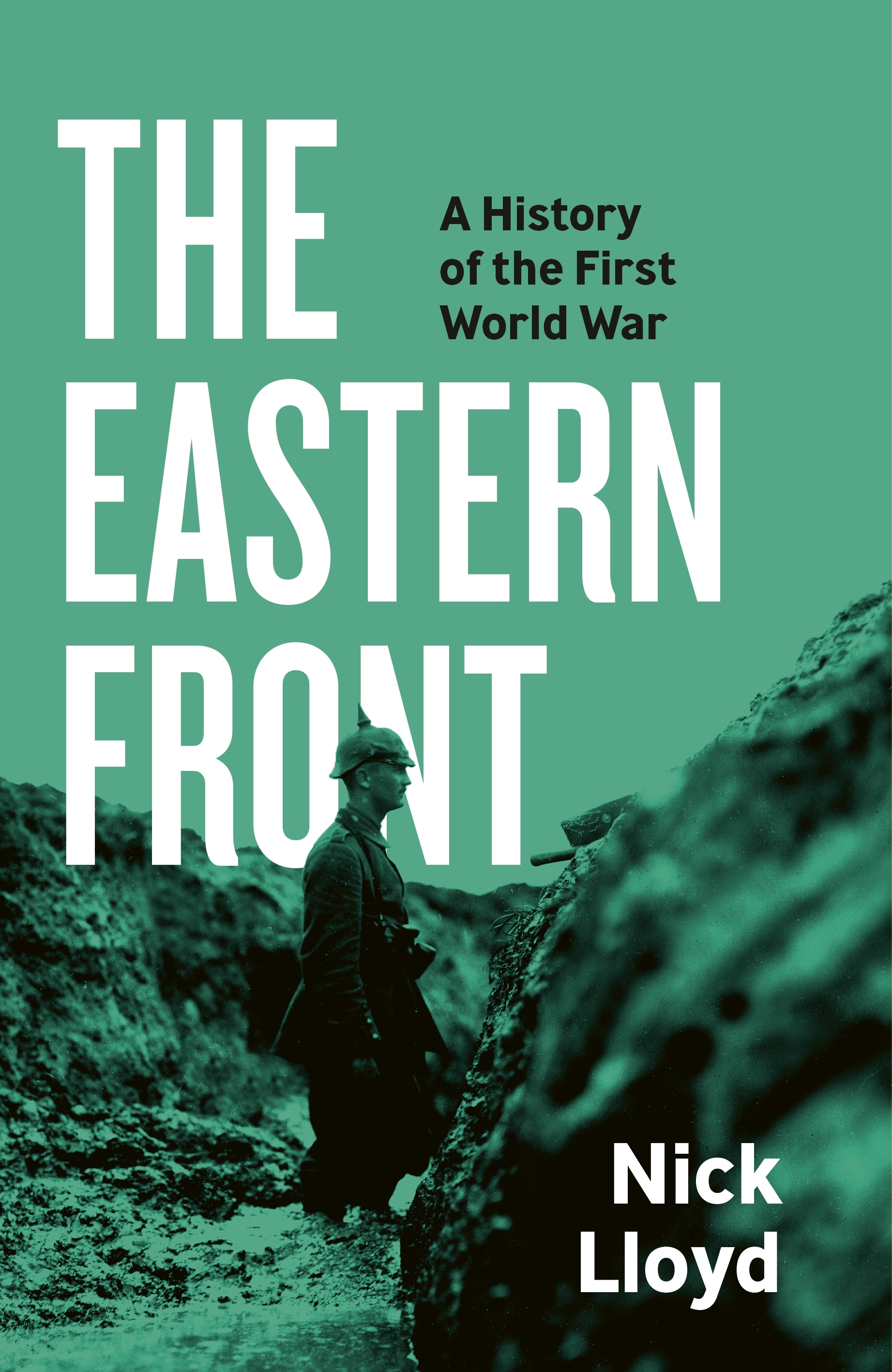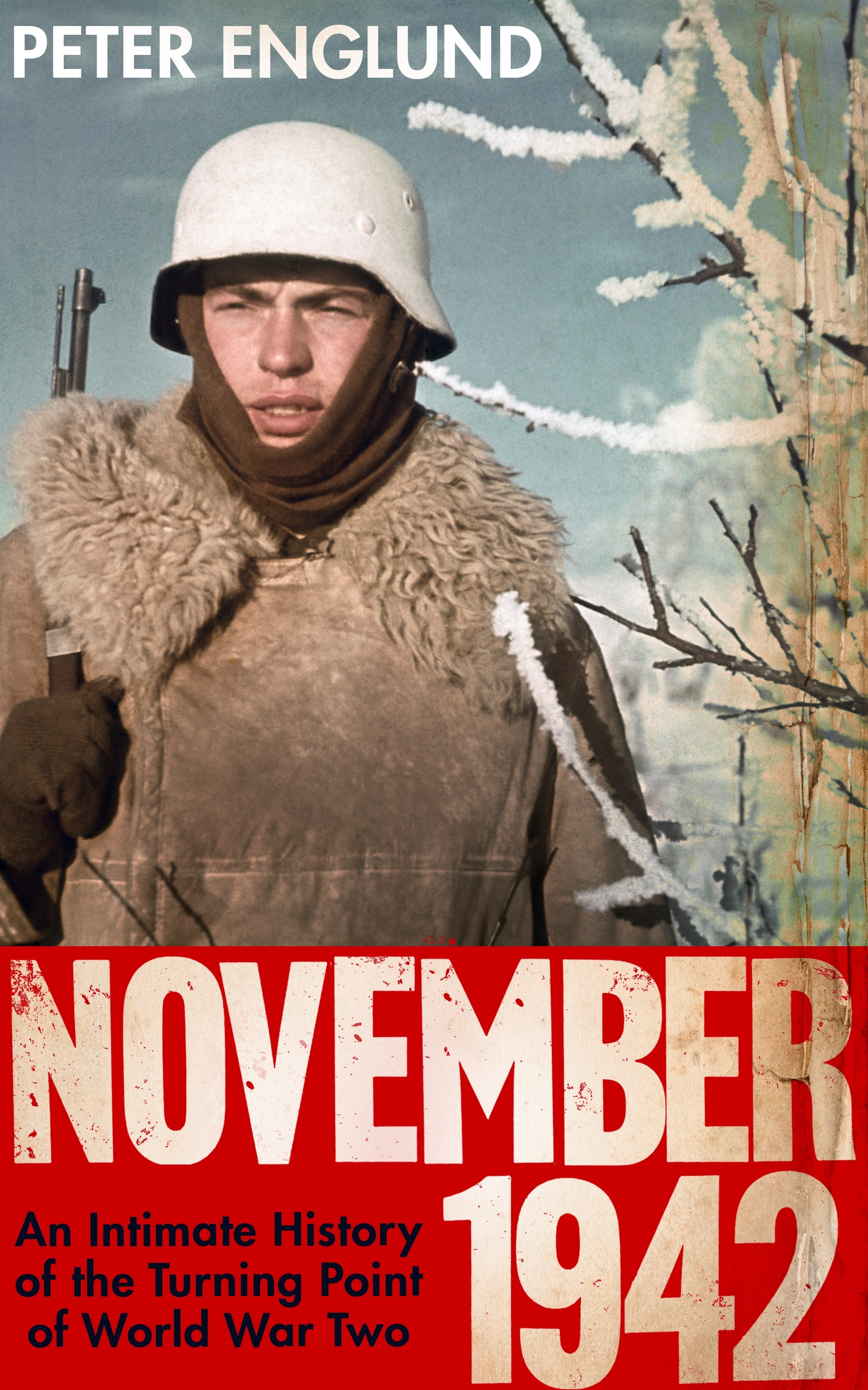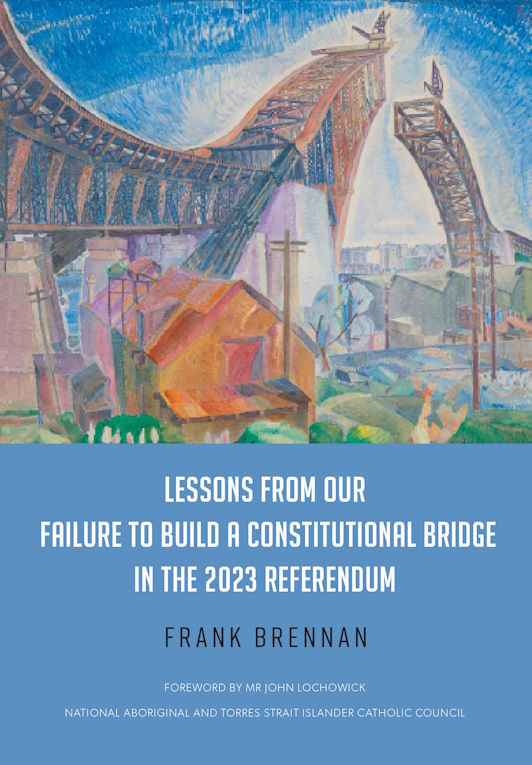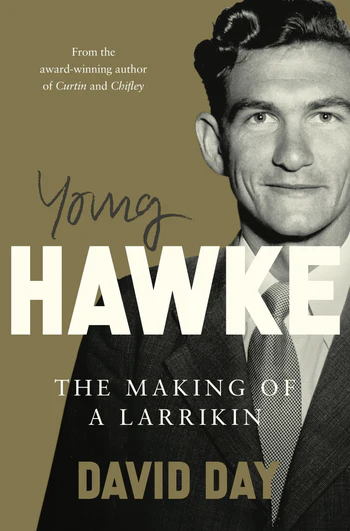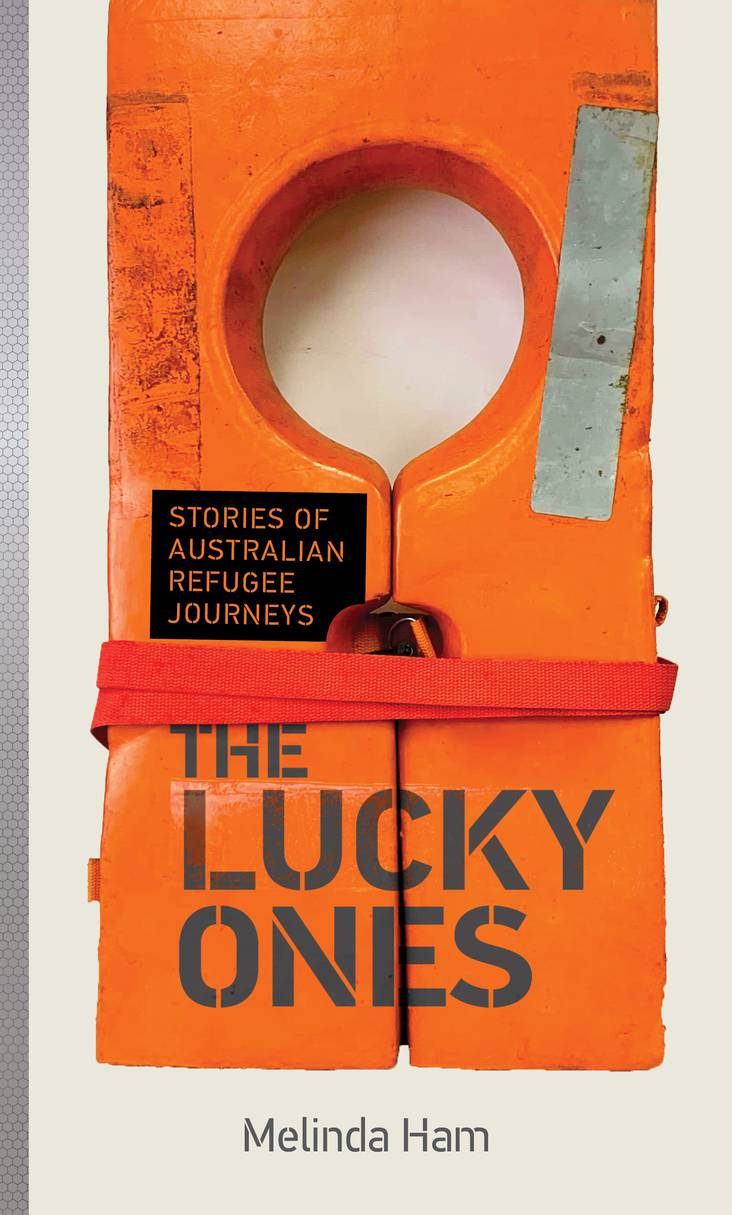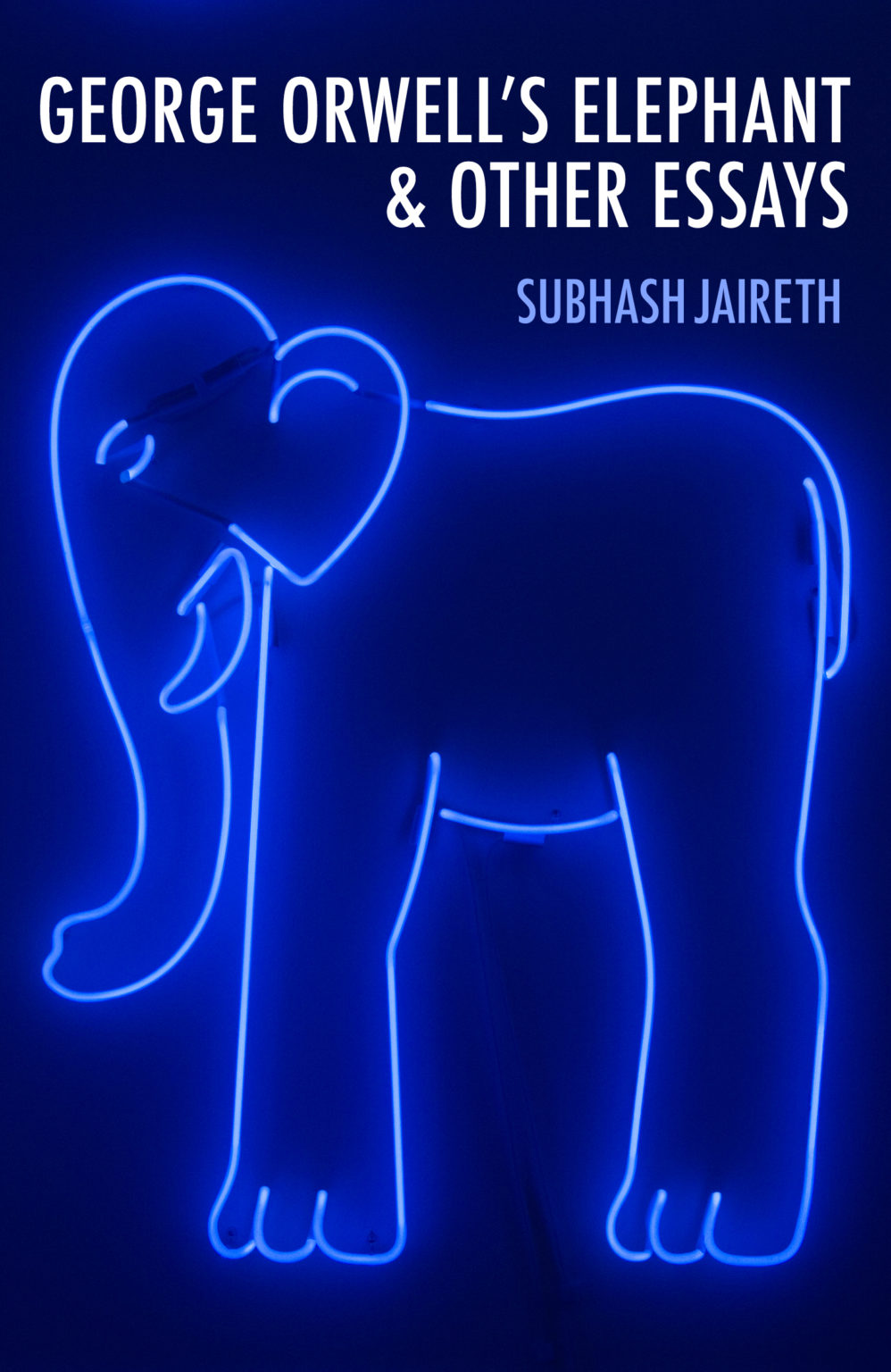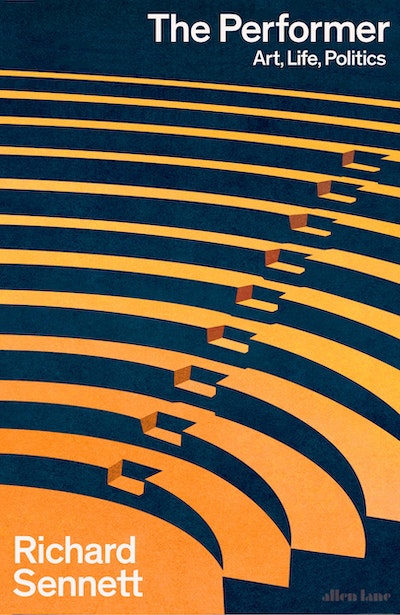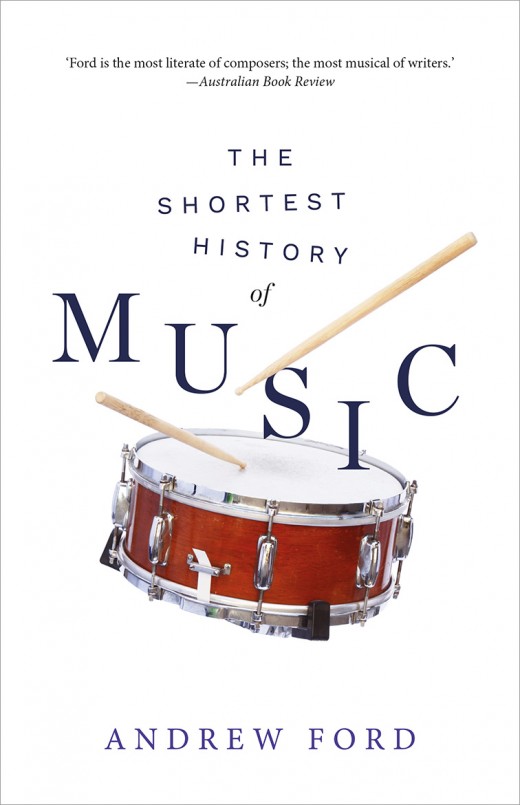Non Fiction
Running with Pirates: On freedom, adventure, and fathers and sons by Kári Gíslason
Kári Gíslason’s memoir of escape and adventure during his early adulthood begins in transit: he is freshly eighteen, ‘sleeping on the floor next to hot air vents at the back of a grand old ferry that connected Brindisi in the heel of Italy with Athens’. Kári is travelling with an ‘often-jolly, sometimes sarcastic’ Scotsman named Paul, and their relationship has begun to fray. Worse, they are low on money, which means their travels and ‘freedom’ may soon be over. Gíslason notes: ‘We were unemployable. I was sickly thin, and my hair past my shoulders and knotted. Paul always looked like he’d just woken up.’ Both are searching for ways to forget their troubles and orient themselves as they take the first steps into manhood, but the pressures that come with such a task have left them feeling oppressed and alienated.
... (read more)Battle for the Museum: Cultural institutions in crisis by Rachel Spence
Rachel Spence’s Battle for the Museum reflects a growing movement to redefine the art museum as a site of activism and social change that has gained momentum in the United States and Britain around issues of race, equity, and diversity. Advocating the need for radical transformation, Spence paints an insistently bleak picture of art museums, recording their multiple failings on social, ethical, and political fronts. Forty pages in, this reader was already battle-weary, worn down by Spence’s thudding compendium of sins. That’s not to dismiss the validity of Spence’s arguments. The sector’s expansionist, exploitative, discriminatory, and profit-hungry urges warrant interrogation.
... (read more)The Eastern Front: A history of the first world war by Nick Lloyd
This is a massive book: 506 pages of text; eighty-nine pages of references and bibliography; seventeen maps, all of them full page or more; and forty-two illustrations. It is also an important book, and it is easy for the reader to follow Nick Lloyd’s argument. The Eastern Front is a major corrective to how most readers here and in the United Kingdom, France, and the United States understand the Great War, as it was once called.
... (read more)November 1942: An intimate history of the turning point of the Second World War by Peter Englund, translated from the Swedish by Peter Graves
As its title tells us, this book focuses on one month of World War II: November 1942. Swedish author and historian Peter Englund argues that this month was the turning point of the war. In North Africa, the Germans were on the retreat after the Allied victory at El Alamein. American forces began their land operations against the Axis powers by invading French Morocco and Algeria. In the Pacific war, the battle of Guadalcanal reached its decisive climax, while Australian troops recaptured Kokoda after pushing the Japanese back along the Kokoda Track. Most importantly, on the Eastern front, the Red Army launched an attack that surrounded the German 6th Army in Stalingrad. Two months later, the 91,000 German troops still alive in the ruins of the city surrendered. Almost all of them perished in captivity.
... (read more)Lessons from Our Failure to Build a Constitutional Bridge in the 2023 Referendum by Frank Brennan & The End of Settlement by Damien Freeman
It was no surprise, in the end, when the October 2023 referendum on the constitutional enshrinement of an Aboriginal and Torres Strait Islander Voice was comprehensively defeated, given the concerted opposition of the Liberal-National Coalition. The history of Australian referendums is clear: bipartisan support is a necessary precondition for constitutional change.
... (read more)It is easy to imagine book-buyers nodding with approval at the subtitle of this biography: ‘The making of a larrikin’. With ‘larrikin’ today applied to knockabout young men who are irreverent and mischievous but genuinely good-hearted, Bob Hawke seems a quintessential example. Yes, the myth goes, he used slipshod language now and then, and was quite a sight when he was in his cups, but generally Hawkie was a top bloke, a man who would call a spade a spade, a mate who could sup with princes and paupers but never forget who he was.
... (read more)On the second page of this book are startling facts about Malawi. In the 1980s and 1990s, this country of around ten million people sheltered more than a million refugees, many of them having fled civil war in Mozambique. Malawians, already suffering the crippling effects of poverty and poor health, provided safe haven to waves of displaced and desperate people coming across their border. Perhaps this succour was not always offered happily, but what mattered is that it was offered. Melinda Ham’s placing of this example so early in her book is surely deliberate. With thoughts of Malawian tolerance and generosity echoing through the text, she forces the reader into making unsettling comparisons with recent Australian responses to refugees.
... (read more)On the second page of this book are startling facts about Malawi. In the 1980s and 1990s, this country of around ten million people sheltered more than a million refugees, many of them having fled civil war in Mozambique. Malawians, already suffering the crippling effects of poverty and poor health, provided safe haven to waves of displaced and desperate people coming across their border. Perhaps this succour was not always offered happily, but what mattered is that it was offered. Melinda Ham’s placing of this example so early in her book is surely deliberate. With thoughts of Malawian tolerance and generosity echoing through the text, she forces the reader into making unsettling comparisons with recent Australian responses to refugees.
... (read more)Richard Sennett is a distinguished American-born sociologist who has in the past written compellingly about ways in which social and economic developments have shaped larger cultural frameworks. This new work, which the publishers advertise as ‘the first in a trilogy of books on the fundamental DNA of human expression’, is even more wide-ranging in its scope, attempting as it does to cover how the nature of performance has shaped not only politics but also the creative arts and ‘life’ itself. Sennett’s first words are taken from Shakespeare’s As You Like It, ‘All the world’s a stage’, and he aims to track the implications of Jaques’s words across different periods of history, looking for ‘the bonds between people that stretch across time as well as space’.
... (read more)Andrew Ford is a musical polymath. On his website he identifies as a ‘composer, writer and broadcaster’. I suspect the Australian public knows him best as a broadcaster, given his three decades at the helm of the ABC’s Music Show. That broadcasting longevity does not diminish his continuing acclaim as a composer, as seen in the rousing première of his Red Dirt Hymns before a capacity Canberra Festival crowd on 2 May. Nor does it discount his run of hundreds of essays, and a dozen or so books. Some of those books are edited accumulations of his own press articles and reviews, often drawing on his well-researched Music Show interviews. But most of his books are devoted to particular musical passions: memory, harmony, noise, and, most repeatedly, song (David McCooey reviewed Ford and Anni Heino’s The Song Remains the Same [2019] in ABR, March 2020).
... (read more)

